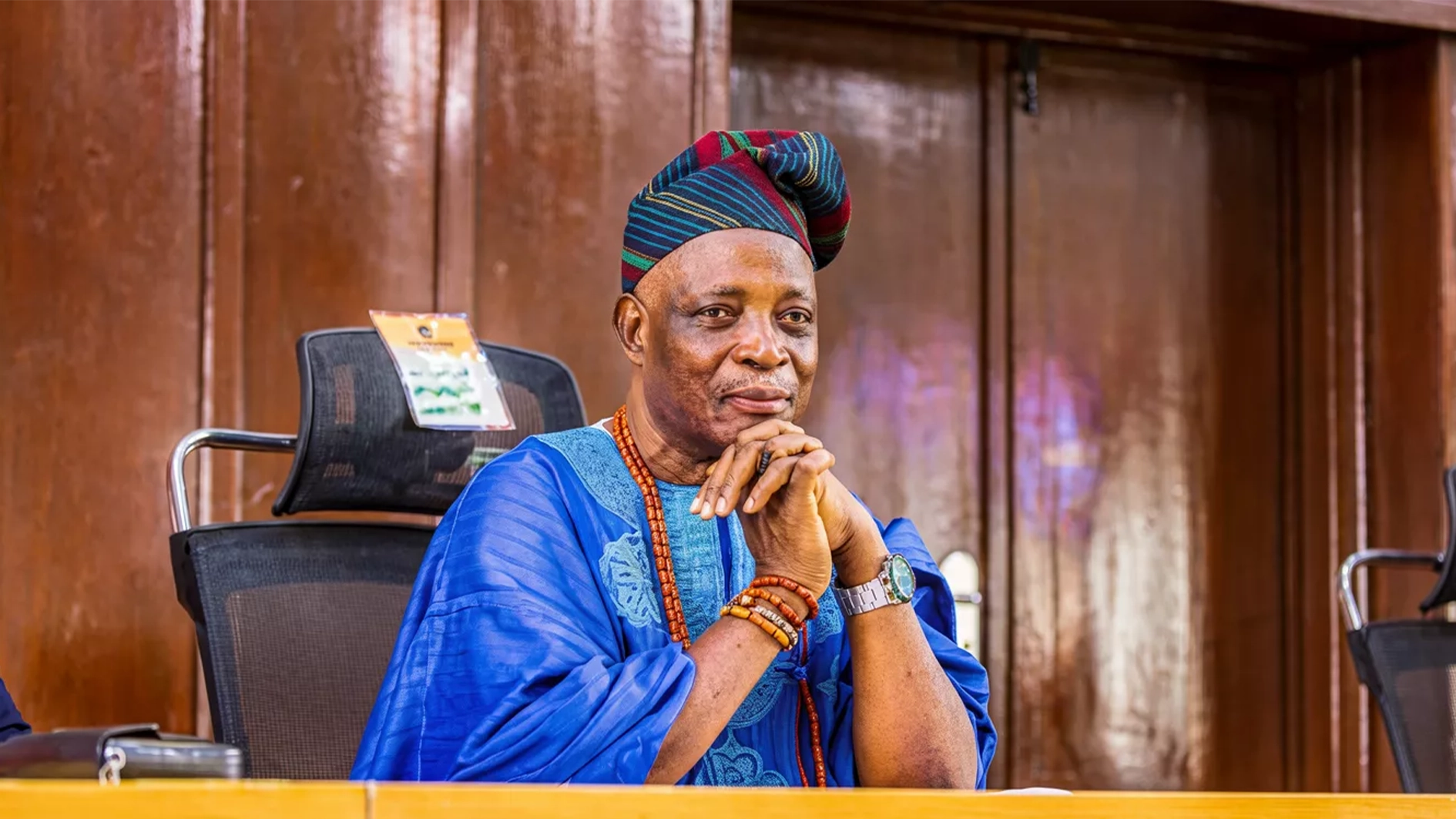Morocco and Nigeria have established a dedicated company to oversee the $25 billion Nigeria-Morocco Gas Pipeline project, a move aimed at accelerating construction and securing international financing.
The announcement was confirmed by Amina Benkhadra, Director General of Morocco’s National Office of Hydrocarbons and Mines (ONHYM), who described the formation of the project company as “a crucial step for structuring the massive financing and overseeing implementation.”
The pipeline, which will stretch nearly 6,000 kilometers across West Africa, is designed to transport between 15 and 30 billion cubic meters of gas per year.
It is expected to provide energy to 13 coastal West African states, reach approximately 400 million people, and connect landlocked countries including Niger, Burkina Faso, and Mali to the main line. Ultimately, the pipeline will link to the existing Maghreb-Europe Pipeline, giving Nigerian gas access to European markets.
Technical studies completed in 2025 have confirmed the route of the pipeline. Project governance will operate through a parent company supervising regional entities responsible for specific pipeline segments.
This governance framework has received approval from the Economic Community of West African States (ECOWAS).
In July, Togo formally joined the initiative as a public partner through an additional protocol signed by the Nigerian National Petroleum Company (NNPC), ONHYM, and Togo’s SOTOGAZ.
On the financing side, Energy Minister Leïla Benali indicated that the United Arab Emirates would join an existing pool of major institutions, including the European Investment Bank (EIB), the Islamic Development Bank (IsDB), and the OPEC Fund.
The newly formed project company will coordinate funding efforts, with a final investment decision expected by the end of 2025.
The pipeline is part of a broader effort to enhance regional energy access, strengthen West Africa’s energy security, and create a direct route for Nigerian gas to reach European markets.






